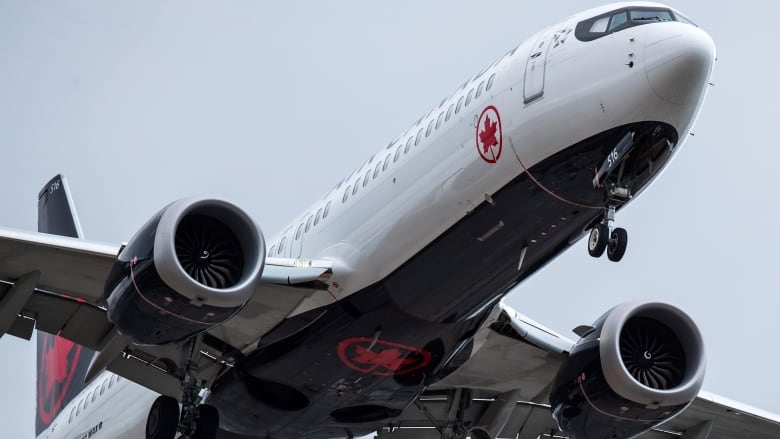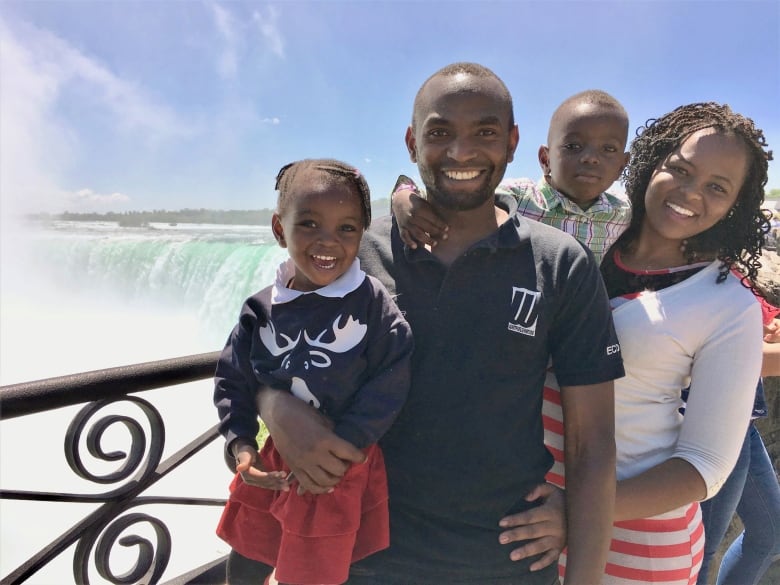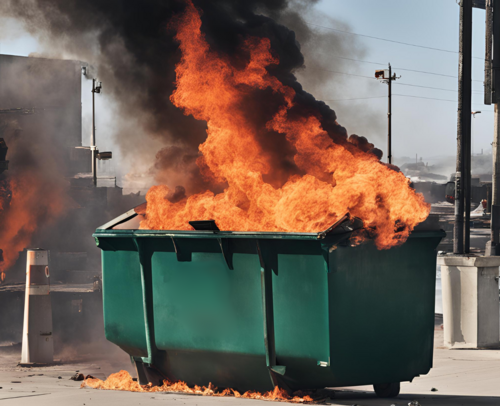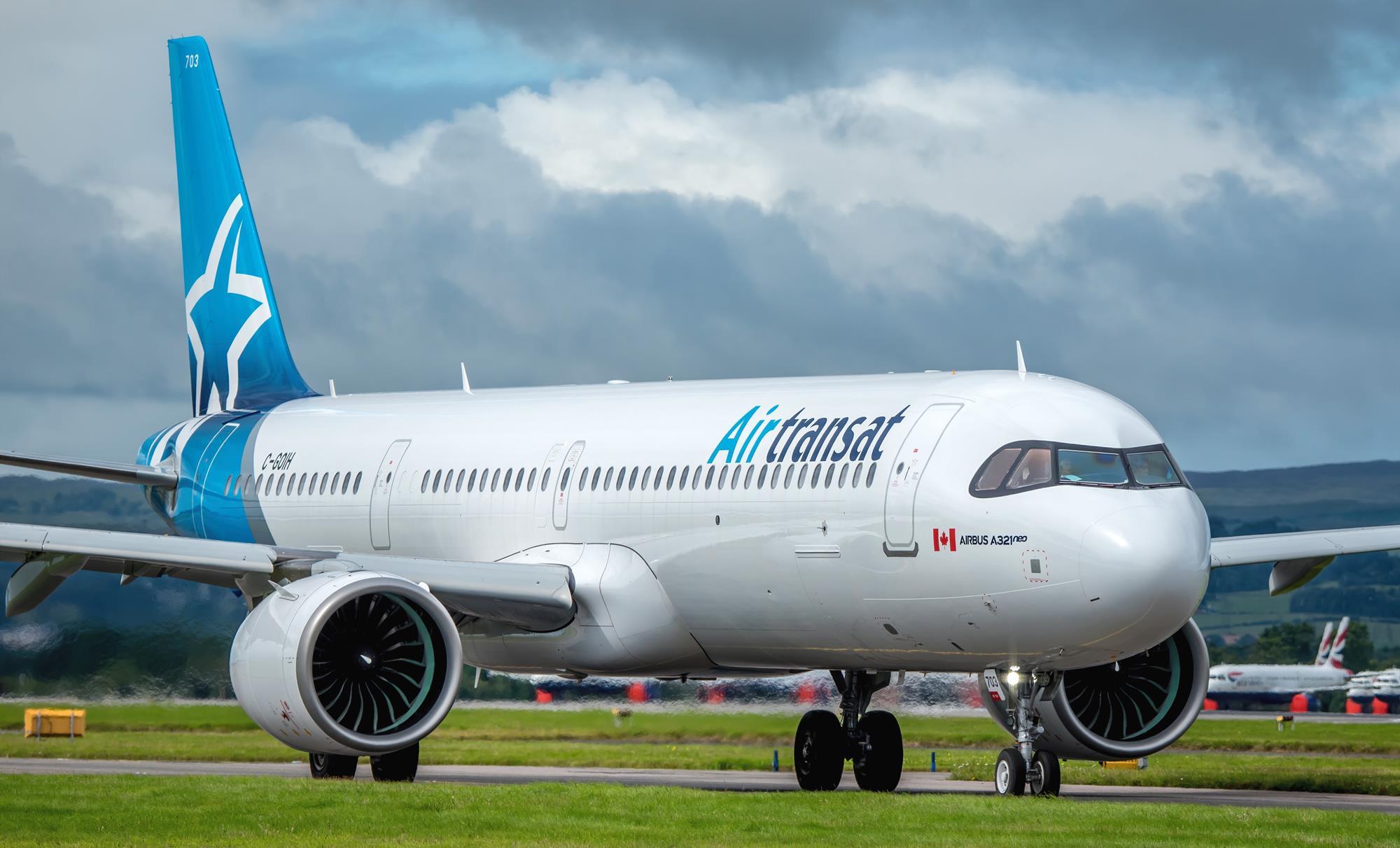
News provided by CBC News – link to full story and updates
Airlines can get permission to fly if ‘very strict conditions’ met
Ashley Burke · CBC News · Posted: Feb 03, 2020

Canada has allowed at least 160 flights to criss-cross North America using Boeing 737 Max jets since grounding the fleet for commercial use almost a year ago.
Transport Minister Marc Garneau banned the planes from Canada’s airspace in March after two crashes within five months in Indonesia and Ethiopia killed 346 people, including 18 Canadians. Satellite data showed both planes experienced significant flight control problems. Garneau said he won’t lift restrictions on the planes until all of Canada’s safety concerns have been addressed.
CBC News analyzed flight data that shows Canadian airlines have continued to fly the jets for the past 11 months, often multiple times a week. The flights include four hours in the air over Canada from Windsor to Vancouver and shorter hauls such as Montreal to Trois-Rivières, Que., and Abbotsford, B.C., to Calgary.
Transport Canada said no passengers were on board any of the flights. The department said it has been allowing Air Canada, WestJet and Sunwing to fly the planes for maintenance, storage, or pilot training under certain conditions. Only certain pilots with specialized training and briefings of the 737 Max are allowed to operate the aircraft.
The flights came as a shock to some families in Canada whose loved ones died on a 737 Max.
“It feels like a slap in the face,” said Chris Moore who lost his 24-year-old daughter in the Ethiopian Airlines crash. “Your loved one has died due to that plane and they’re still gearing up for the day when it’s ungrounded.”

Paul Njoroge lost his wife, three young children, and mother-in-law in that same crash. He’s also concerned for the safety of the pilots in the air and Canadians on the ground.
“It’s shocking to me that they are still flying,” said Njoroge. “It just tells me that these people will never stop playing or juggling with human life.”
“You cannot say it’s not safe for passengers, but still allow the plane to fly. If you’ve grounded the plane, it has to remain grounded.”
‘Ferry flights’ exempted
When Garneau banned the jets on March 13, the notice to airmen stated it was “necessary for the protection of aviation safety and the public.” But the notice also made exemptions for “ferry flights” that take off or land in Canada.
CBC News pulled data from flight tracking website FlightRadar24 to see where Canadian 737 Max planes have been spotted in the skies since grounded.
An analysis reveals that Air Canada has been flying its Boeing 737 Max fleet the most often. Between March 14 and Jan. 16, Air Canada flew 121 times, in comparison to 29 times for WestJet and 12 for Sunwing.
In at least 27 instances, Air Canada took off or landed in Marana, Ariz. In some cases, flying more than five hours straight.
“Those aircraft movements were required for maintenance purposes, including to relocate them to the southern desert where they can be stored more safely,” said Air Canada in a statement to CBC News.
Air Canada also said it’s using the ferry flights as an opportunity to keep pilot certifications current for those who train frontline pilots.
Watch
Flight data shows 160 Boeing 737 Max flights
- 20 hours ago
- 0:18
737 Max aircraft flew across Canada and the U.S. 0:18
WestJet said its ferry flights were for maintenance and storage space. Sunwing said it proactively grounded its fleet before Canada made it mandatory. Since then, the airline confirmed it moved several 737 Max aircraft from large, busy airports to outside storage facilities.
“We approach these necessary transfers with an abundance of caution, conducting thorough risk assessments and only using senior pilots who were briefed on responses to any potential anomalies. All these flights operated without incident,” said Sunwing in a statement.
Flights must be approved, follow ‘very strict conditions’
Transport Canada said in order for ferry flights to be approved, airlines must follow “very strict conditions”:
- Only advanced pilot evaluators are allowed to fly.
- Pilots must get specialized briefings and training including on a 737 Max simulator.
- Additional crew is on board all flights and a mandatory third pilot.
- They can only fly in certain weather conditions.
Larry Vance, former Transportation Safety Board aviation crash investigator, said he has no concerns with the 737 Max flying under this criteria.
“These are not flying bombs about to explode,” said Vance. “They’re not gonna start dropping out of the sky on people. These are very safe airplanes flown under those conditions.
“They’re only flown by the best of the pilots with briefings. Anything that might go wrong with the airplane they know how to handle it.”
Vance added that planes are like cars — if left idle they deteriorate, and need to be in the air to stay in top shape.
Victims’ families meeting with transport minister
That doesn’t comfort Moore and Njoroge, who question why the planes can’t be restored for service if and when Canada declares them safe for passengers.
“That tells you a lot about the regulatory authorities promoting the industry instead of promoting safety, instead of safeguarding the lives of human beings.” said Njoroge.
“I don’t understand why they would use that as an excuse to fly,” said Moore.
Families of the Ethiopian Airlines crash victims say they are meeting with Garneau on Feb.12. Njoroge plans on asking Garneau to keep the planes on the ground — no exemptions.
Canada is continuing to independently review and validate changes to the Boeing 737 Max.
Transport Canada has four areas of concern that it wants addressed before the fleet can return to service including: acceptable levels of pilot workload, architecture of the flight controls, minimum training required for crew members, and aircraft performance, according to Garneau’s briefing binder obtained through an access to information request.
“I certainly understand how the families feel,” Garneau said today, commenting on the story before entering the Commons chamber.
“We look at every single one of these ferry flights very carefully, where it’s going to go and who’s going to be on board and what training and preparation they’ve had before we accept and doing it.”
“I want to tell everybody that we’re not going to put these planes back into Canadian skies to fly passengers until we’re 100 per cent satisfied.



